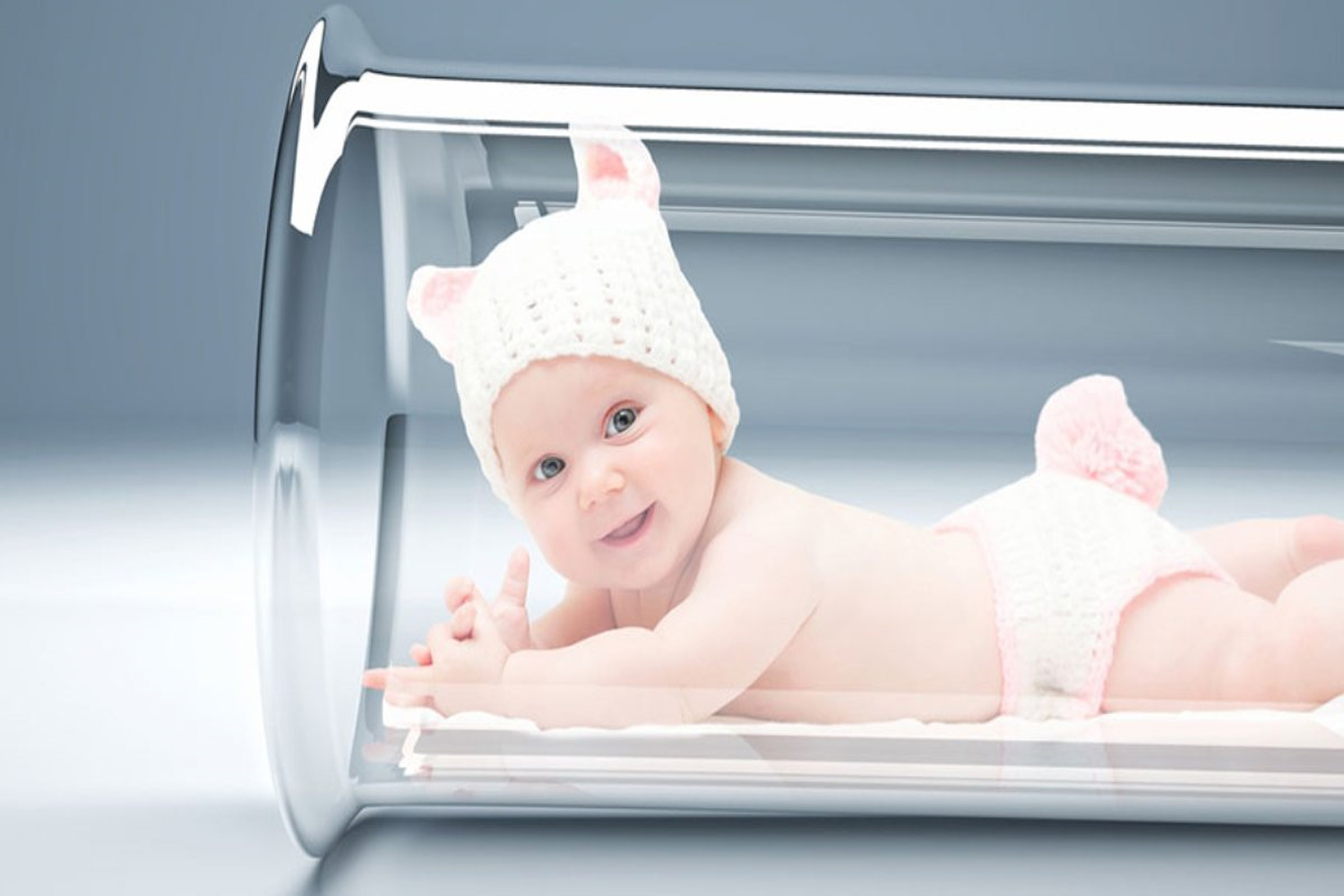
Giving birth to healthy children has turned into a tough struggle today. We do not know the reasons for this exactly, but it is possible to say this: Compared to 50 years ago, today human beings are experiencing a loss in their reproductive ability.
Many factors contribute to infertility, such as negative eating habits, an extremely stressful life struggle, increased exposure to electromagnetism from devices such as wireless networks, mobile phones, computers, tablets, and decreased food quality.
Couples who cannot have children on their own and who will have IVF can pay attention to some points, which can increase the success of the treatment. What are these points?
1- Weight: Women who are overweight decrease the chance of getting pregnant with the treatment. In addition, when these women become pregnant, complications such as high blood pressure, gestational diabetes increase. For this reason, if we are going to have IVF, if we are not in a hurry, it is more positive to get treatment while we are approaching our ideal weight. It requires an average diet period of 3-6 months. If the ovarian reserve has decreased and it is not appropriate to wait, it is more reasonable to start the treatment without waiting for the weight-loss.
2- Smoking: The chance of having children decreases significantly in active or passive smokers. Sperm count and motility are also reduced in men who smoke. In addition, the risk of miscarriage increases in pregnant women who smoke. The number of eggs collected is less in women who continue to smoke during treatment. In addition, the fertilization success of eggs (fertilization) is lower. In the light of all this information, as a principle, we recommend both couples receiving IVF treatment to quit smoking in order to achieve a healthy pregnancy.
3- Nutrition: Avoiding junk food is very important for general health and reproductive health. Carbohydrate derivatives such as chips, acidic beverages, chocolate, cakes, pies, muffins, bagels, bread, pasta, rice, bulgur, ravioli should be consumed as little as possible. We should mainly be fed with eggs, meat, butter, fresh vegetables, fruits with a low glycemic index. Various supplements such as DHEA, aspirin, and omega-3 fatty acid use may also be beneficial for women with low egg reserve.
4- Exercise: We should have a daily routine. Inactivity invites sickness. During the treatment process, we can exercise for 30-60 minutes 3 times a week until the embryo transfer. It has indirect beneficial effects on egg development.
How should we behave after embryo transfer? In couples who have IVF, the expectant mother is often warned by her environment to never get out of bed after the transfer. It is thought that the chance of pregnancy increases when you stay immobile. Although her doctor did not say such a thing, the woman’s mother, -mother-in-law, sister-in-law etc. can put pressure on this issue, and even make accusatory statements such as “you didn’t listen to us, you didn’t sleep, it didn’t work” if pregnancy does not occur. None of this makes sense for pregnancy success.
In the first years of IVF applications, a strict bed rest for 24 hours was recommended to the patient after the transfer. In later studies, it was determined that 20-60 minutes of rest was sufficient after the transfer. As a result, it is not necessary to have bed rest for days after the transfer. Please do not put any pressure on expectant mothers in this regard. We should be active in a routine without tiring ourselves.
5- Psychological stress: In today’s conditions, there is no person without stress. The life we live leaves us face to face with stressful events. If stress can be controlled, it cannot harm the body. Uncontrolled stress not only damages the whole body, but also reduces reproductive success. Couples who start IVF treatment and receive support from psychologists against stress have a higher chance of pregnancy compared to standard IVF treatment. For example, in Australia, it is mandatory for couples to receive psychological counseling before IVF treatment.
During the IVF treatment process, couples take a journey into the unknown. This increases stress. What if it doesn’t work, the stress level increases due to many factors such as the fear of it not working, the presence of people from the family who make comments unknowingly, the frequent examination of the woman to monitor egg development during the treatment process, and the egg retrieval process under anesthesia.
However, you should not succumb to this stress.
For this reason, I recommend 3 things to all my patients who apply to have children:
1- Please support each other. The main wear and tear in the treatment is the expectant mother. It is the woman who will have daily injections, therefore under the influence of a lot of hormonal drugs, who has to be examined frequently and whose eggs will be collected under anesthesia. Men usually only give a sperm sample, rarely a surgical procedure such as microtese may be required. That’s why we ask men to show their wives maximum understanding.
2- Please do not involve third parties in your treatment too much. The comments they make without knowing the subject may make you nervous.
3- Please write down your questions on a piece of paper and ask your doctor. I will provide you with healthy information at every stage of the treatment and reduce the uncertainties as much as possible.
I wish the longing for children of all couples who are in the treatment process to end as soon as possible, I wish you healthy days.
